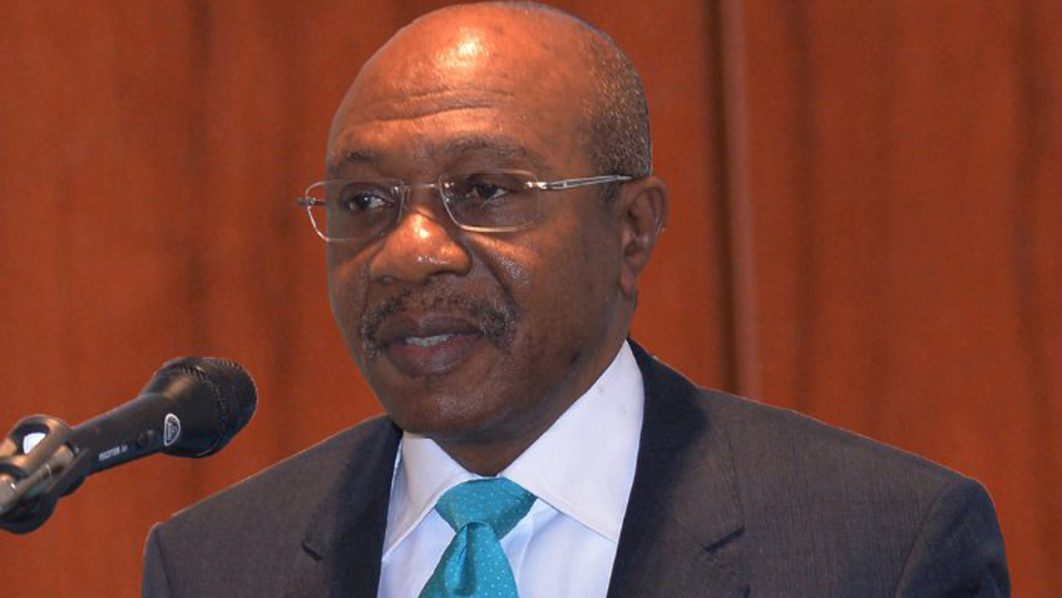Nigeria makes history today as it becomes the first African country to digitise its currency, an exercise the Central Bank of Nigeria (CBN) has described as “one of the milestones of a long journey.”
But the eNaira take-off is causing unease in the banking sector even as the concept note has admitted the project could unsettle banks as it comes with disintermediation risk.
Amid the anxiety, some experts have warned that eNaira is just one of the disruptive technologies banks will need to accept and adapt to; to avoid being overrun.
The launch will put Nigeria on the global Central Bank Digital Currency (CBDC) tracking map as the fifth country to launch a centralised national electronic money after the Bahamas first unveiled its version in 2017.
Nigeria’s unveiling was earlier scheduled for October 1, 2021, but the apex bank said it was postponed owing to other national activities to mark the country’s 61st Independence anniversary. President Muhammadu Buhari will do the unveiling at the State House, Abuja.
The project kicks off as the global community embraces the race for CBDC creation. Today, about 10 central banks are in the pilot stage of their CBDCs, while six have executed proof of concept. Some countries, including China, are positioning their digital currency project as the lead strategy for internationalising their currencies.
Central banks around the world, most notably in China, the United States and the United Kingdom, are actively considering whether to adopt or create their own CBDC. The geopolitical pressures are high, with China far enough along in trials that it plans to roll out this new currency for international visitors as early as the 2022 Winter Olympics in Beijing.
Other countries, keen to embrace the “tech revolution,” are vying to be early adopters of CBDCs. South Korea, Sweden, Cambodia, the Bahamas and Hong Kong are among various countries with pilot programs.
South Africa also recently announced a trial of CBDCs for cross-border payments, just as Ghanaian central bank is seeking to make its digital currency, the e-cedi, available to offline users soon.
On the readiness of the underlying infrastructure for the rollout, Director of Corporate Communications at CBN, Osita Nwanisobi, told The Guardian, yesterday, that the apex bank was fully ready.
A little tension in the financial system on how the implementation would affect commercial banks in dealing with their role of intermediation has been perceived.
CBDCs, like other electronic money, including privately issued stable coins and cryptocurrencies, leverage blockchain technology to facilitate peer-to-peer (P2P) transactions and remove intermediaries.
A source, who has monitored the unease among top bankers, admitted that it was too early to conclude that eNaira would reduce the volume of bank transactions, but disclosed that “bank executives are extremely worried that a widespread adoption of eNaira could reduce the volume of businesses executed by banks and transaction revenues.”


